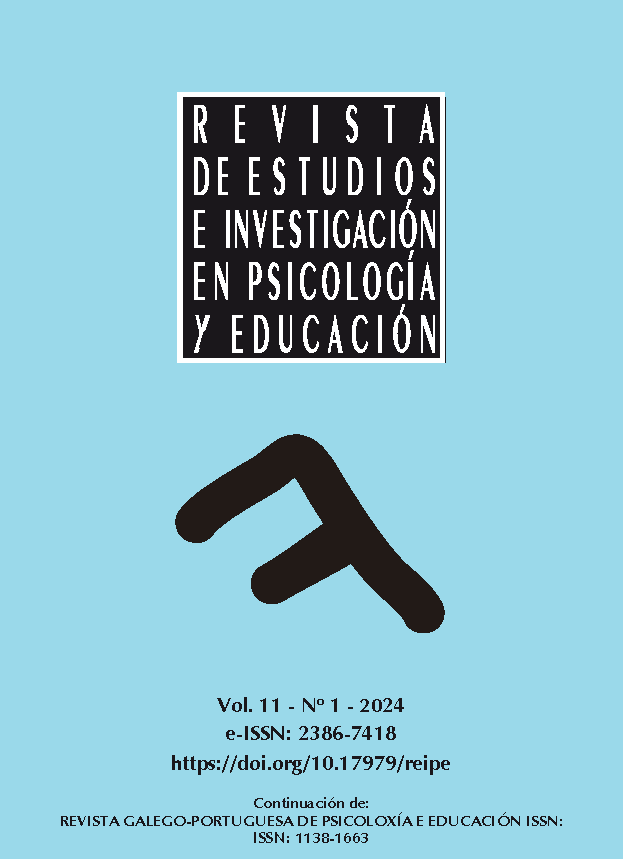Entrenamiento musical y memoria de trabajo: relación con rendimiento, sexo y familia instrumental del entrenamiento
##plugins.themes.bootstrap3.article.main##
Resumen
El objetivo de esta investigación es analizar la relación entre la memoria de trabajo y la formación musical, su repercusión en el rendimiento académico y la influencia del género y la familia instrumental. La muestra para el estudio estuvo compuesta por 300 estudiantes de entre 10 y 18 años de un conservatorio público profesional de España. Los instrumentos de medida utilizados fueron las escalas de Wechsler WISC-IV y WAIS-IV, y una tarea (PMTM) diseñada específicamente para evaluar el rendimiento de la memoria de trabajo musical. Se encontraron correlaciones positivas y estadísticamente significativas entre la formación musical (medida como baja, media y alta, en función de los años de estudio) y el rendimiento académico (musical y general), y entre el bucle fonológico de la memoria de trabajo y ambos tipos de rendimiento académico. También se observaron correlaciones positivas entre el entrenamiento musical y el bucle fonológico, y con la memoria de trabajo musical. No se observó que el género afectara al rendimiento. En cambio, los patrones descriptivos variaban sistemáticamente según la familia de instrumentos, obteniendo los estudiantes de instrumentos de cuerda con arco puntuaciones más altas en memoria de trabajo musical, seguidos de los de instrumentos polifónicos y, por último, los de instrumentos de viento. Estos resultados pueden utilizarse para crear programas de mejora de la memoria de trabajo, con el fin de ayudar al alumnado de conservatorio a maximizar su potencial y la eficacia de su aprendizaje.
Descargas
##plugins.themes.bootstrap3.article.details##

Esta obra está bajo una licencia internacional Creative Commons Atribución-CompartirIgual 4.0.
Los trabajos publicados en esta revista están bajo una licencia Creative Commons Reconocimiento-CompartirIgual 4.0 Internacional.
Los/as autores/as son los titulares de los derechos de explotación (copyright) de su trabajo, pero ceden el derecho de la primera publicación a la Revista de Estudios e Investigación en Psicología y Educación, la cual podrá publicar en cualquier lengua y soporte, divulgar y distribuir su contenido total o parcial por todos los medios tecnológicamente disponibles y a través de repositorios.
Se permite y anima a los/as autores/as a difundir los artículos aceptados para su publicación en los sitios web personales o institucionales, antes y después de su publicación, siempre que se indique claramente que el trabajo está en esta revista y se proporcionen los datos bibliográficos completos junto con el acceso al documento, preferiblemente mediante el DOI (en caso de que sea imprescindible utilizar un pdf, debe emplearse la versión final maquetada por la Revista). En el caso de artículos que provengan de estudios o proyectos financiados, esto se hará en los plazos y términos establecidos por la entidad o entidades financiadoras de la investigación publicada.



